join us for the TTRAEurope2019, Tourism in the era of connectivity, Bournemouth University Department of Tourism and Hospitality www.bournemouth.ac.uk/ttra 8-10 April 2019

The Travel and Tourism Research Association’s 2019 European Chapter Conference will be hosted by Bournemouth University Department of Tourism and Hospitality in Bournemouth from Monday 8th to Wednesday 10th April 2019. This is a three-day conference that will include a doctoral colloquium day and industry best practice thread. The theme of the conference is Tourism in the Era of Connectivity, which covers a broad range of themes to ensure that we are inclusive of the widest range of tourism research.
People-to-people connectivity is an essential aspect of tourism; bringing people from all aspects of life together to meet, share moments and explore cultures, resources and experiences. Connectivity brings us together through shared routes, accessibility, communication, and experiences in different environments and destinations. Increasingly, global society is becoming more connected, facilitating opportunities for exchange and interaction, bringing both opportunities and challenges. Tourism is changing dramatically in the era of connectivity.
Advanced technology enables users to amalgamate information and big data from various sources on their mobile devices, personalise their profile through applications and social networks, and interact dynamically with their surroundings and context. Tourism professionals increasingly use technologies and networking to bring different stakeholders together to co-create value for all. The conference will connect the different concepts of connectivity, personalisation, tourism development and marketing towards co-creation of the tourism experience. It will explore how these experiences can support the co-creation of value for all stakeholders and address a range of components of connectivity.
Examples of the conference themes include but not limited to:
Coastal Tourism; Tourism Marketing; Economics and Planning; Culture and Heritage; Hospitality Innovations; Digital Tourism; Sustainability and Wildlife; Gender, Accessibility and Inclusion; Tourism Management; Overtourism; Tourism and Philosophy; Special Interest and Niche Tourism; Spiritual, Religious and Pilgrimage Tourism; Events and Leisure; Experience and Co-creation; Small Business and Entrepreneurship.
Submission Guidelines
All papers must be original and not simultaneously submitted to another journal or conference. The following paper categories are welcome:
- Research papers and case studies (5,000 word paper or 1,000 word extended abstract)
- Doctoral research papers (5,000 word paper or 1,000 word extended abstract)
- Applied (industry and sector) papers (1,000 word extended abstract)
- Student papers, including Masters theses (1000 word extended abstract)
Instructions to Authors
Please adhere to the following for your submission:
- Word limit of 1,000 words for extended abstracts; word limit of 5,000 words for full papers.
- Word limit includes references, tables, figures, etc.
- Please use Arial font size 12 throughout.
- Must be presented in MS Word Format, on size A4 (210 by 297 mm) paper, with margins of: left 3 cm, right, top and bottom 2.5 cm.
- Any illustrations should be of high resolution, preferably in JPEG or TIFF format.
- The page composition should be as follows:
- TITLE: In uppercase, bold, and centered.
- AUTHOR/ AUTHORS: in lowercase and the surname(s) in uppercase.
- AFFILIATION AND CONTACT DETAILS: in uppercase.
- CATEGORY: please indicate the paper category of the submissions (Research paper and case study; Doctoral research paper; Applied (industry/sector) paper; Student paper (for all students other than doctoral researchers)).
- TEXT: Arial 12, full justification and single spacing. Paragraphs will begin without tabulation and with single spacing with regard to the title or the prior paragraph.
- FIGURES AND TABLES: will be incorporated into the text in the corresponding place. They will be numbered separately (figures and tables) by order of appearance (Arabic numerals). The title, in bold and centered, will be located at the top and will be separated from the figure or table by space.
- FOOTNOTES: Please keep to a minimum. Where used they should be consecutive, with full justification and Arial 8 font.
- REFERENCE STYLE: please use the referencing style of the American Psychological Association (APA) Sixth Edition.
Important Dates
Deadline for submission: 5th January 2019
Notification for acceptance: 5th February 2019
Final submission: 1st March 2019
Early Bird Deadline: 1st March 2019
Conference: 8th-10th April 2019 **TTRA CONFERENCE IN BOURNEMOUTH**
Conference themes and call for papers
Submit papers for the conference
Contributions by academics, practitioners and phd students are welcome in the following categories:
| Categories |
Requirements |
| Research papers and Case studies |
Papers 5000 words or 1000 word extended abstract |
| Doctoral Research papers |
Papers 5000 words or 1000 word extended abstract |
| Applied (industry and sector) papers |
1000 words extended abstract |
| Student papers (including master theses) |
1000 words extended abstract |
Confirmed Invited speakers so far
Travel and Tourism Research Association 2019
Associate Professor Luisa Andreu Department of Marketing, Faculty of Economics, University of Valencia, Spain
Professor Carlos Costa University of Aveiro, Portugal and Editor of the Journal of Tourism & Development
Professor Alan Fyall, University of Central Florida, USA and coEditor of Elsevier’s Journal of Destination Marketing & Management
Professor Scott McCabe Nottingham University and co-Editor of Annals of Tourism Research
Assistant Professor Luiz Mendes-Filho, Tourism Department, Universidade Federal do Rio Grande do Norte, Brazil
Professor Tanja Mihalic University of Ljubljana, Slovenia
Associate Professor Ana María Munar Copenhagen Business School, Denmark
Professor Nigel Morgan, Swansea University, UK
Professor Mike Peter (University of Innsbruck, Austria) The Relevance of Family businesses in Tourism and Hospitality
Professor Cleopatra Veloutsou University of Glasgow UK and co-Editor in Chief of the Journal of Product and Brand Management.
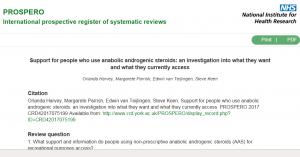
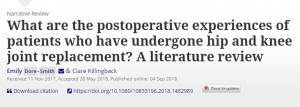 There is plenty of support at Bournemouth University: from academic colleagues, with vast experience in writing reviews, to the library team, who can advise on, for example, developing your systematic search strategy and which databases to search.
There is plenty of support at Bournemouth University: from academic colleagues, with vast experience in writing reviews, to the library team, who can advise on, for example, developing your systematic search strategy and which databases to search.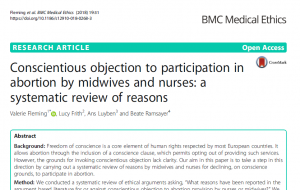
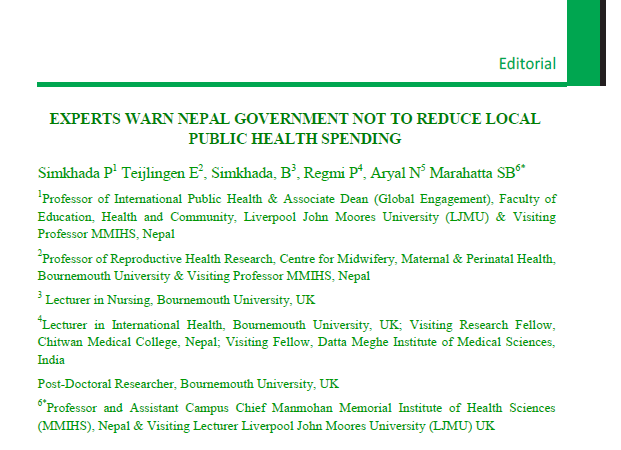
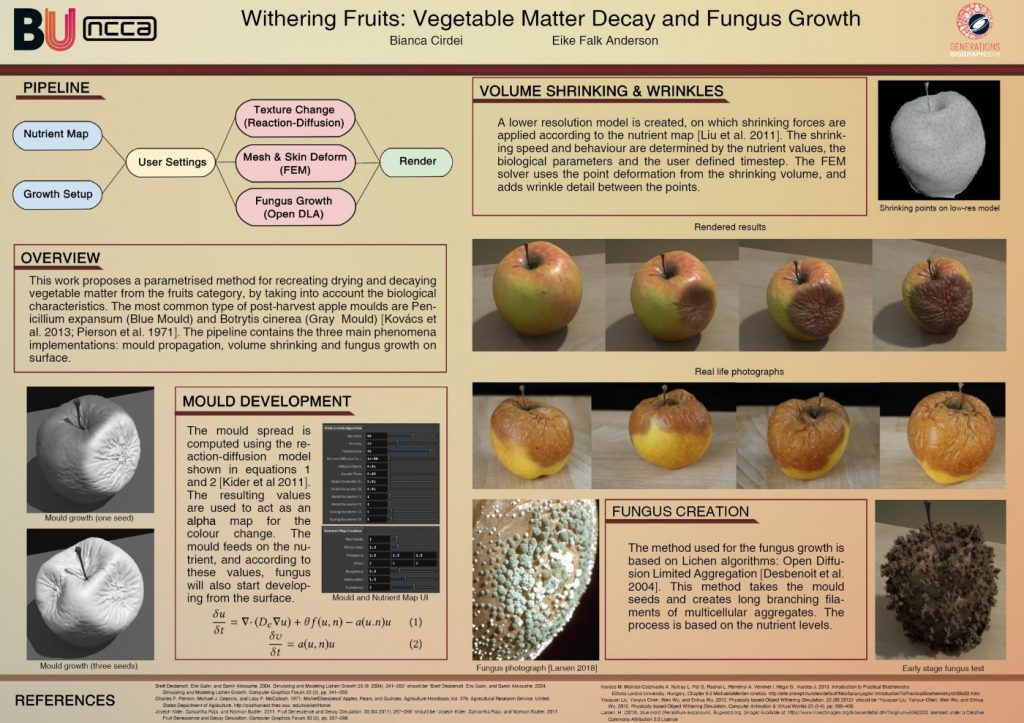
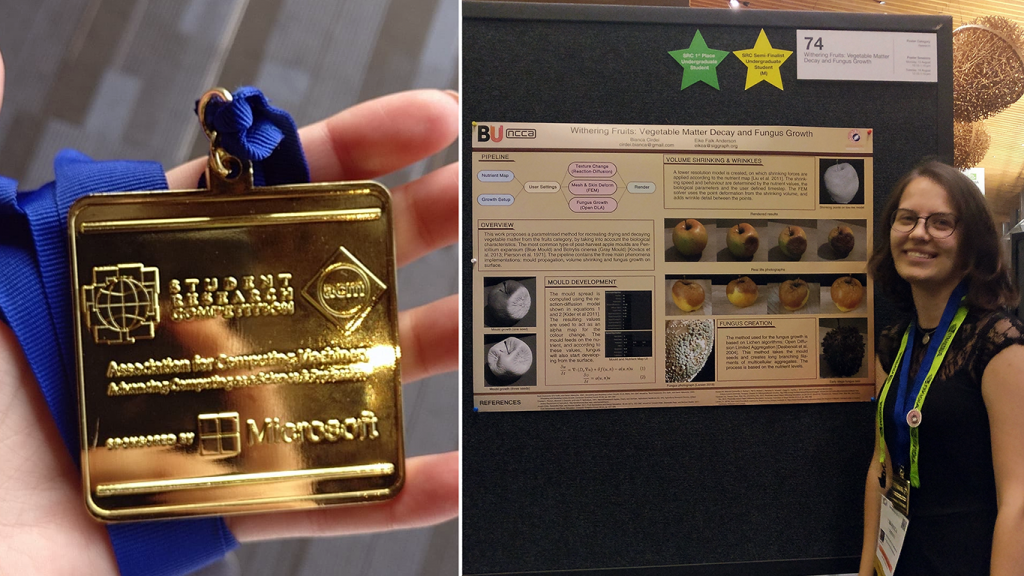



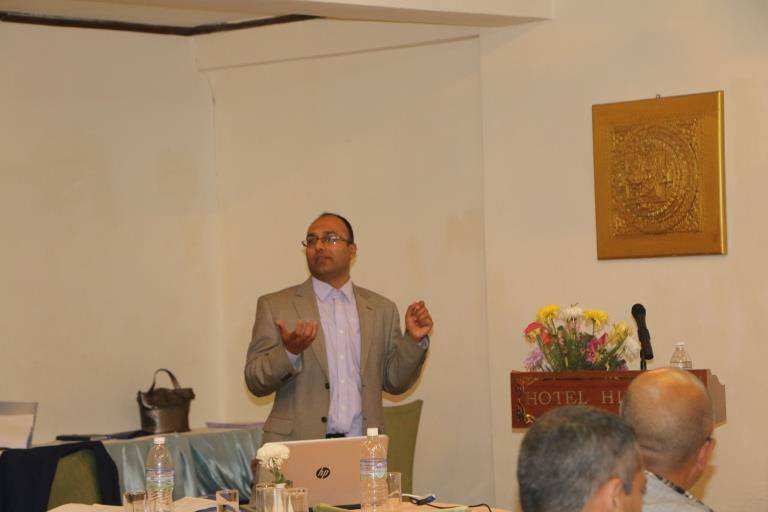


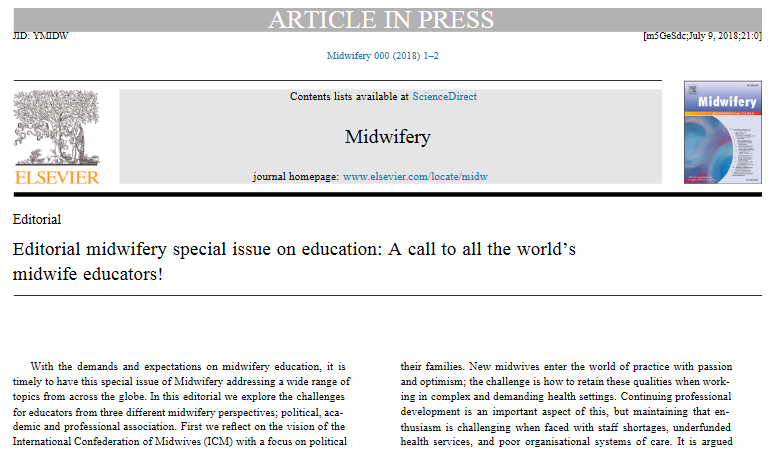
 Professor Maria-Victora Sanchez-Vives is the leader of an associated project within the large Human Brain Project initiative,
Professor Maria-Victora Sanchez-Vives is the leader of an associated project within the large Human Brain Project initiative, 

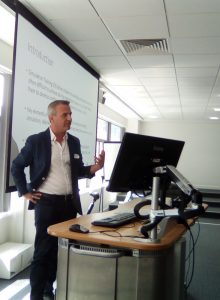
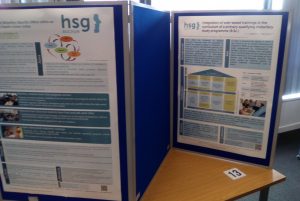
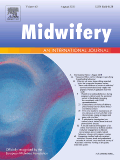

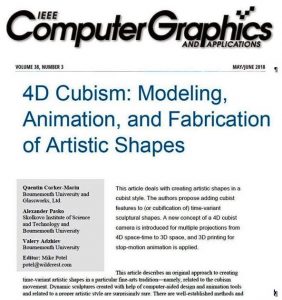

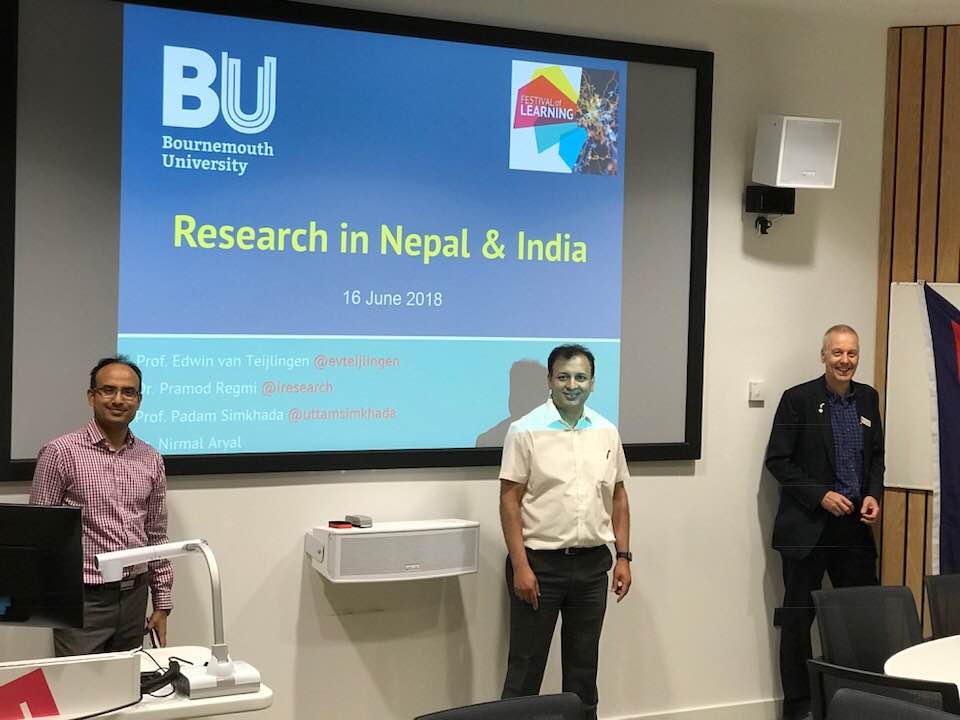













 Upcoming opportunities for PGRs – collaborate externally
Upcoming opportunities for PGRs – collaborate externally BU involved in new MRF dissemination grant
BU involved in new MRF dissemination grant New COVID-19 publication
New COVID-19 publication Conversation article: London Marathon – how visually impaired people run
Conversation article: London Marathon – how visually impaired people run MSCA Postdoctoral Fellowships 2024
MSCA Postdoctoral Fellowships 2024 Horizon Europe News – December 2023
Horizon Europe News – December 2023